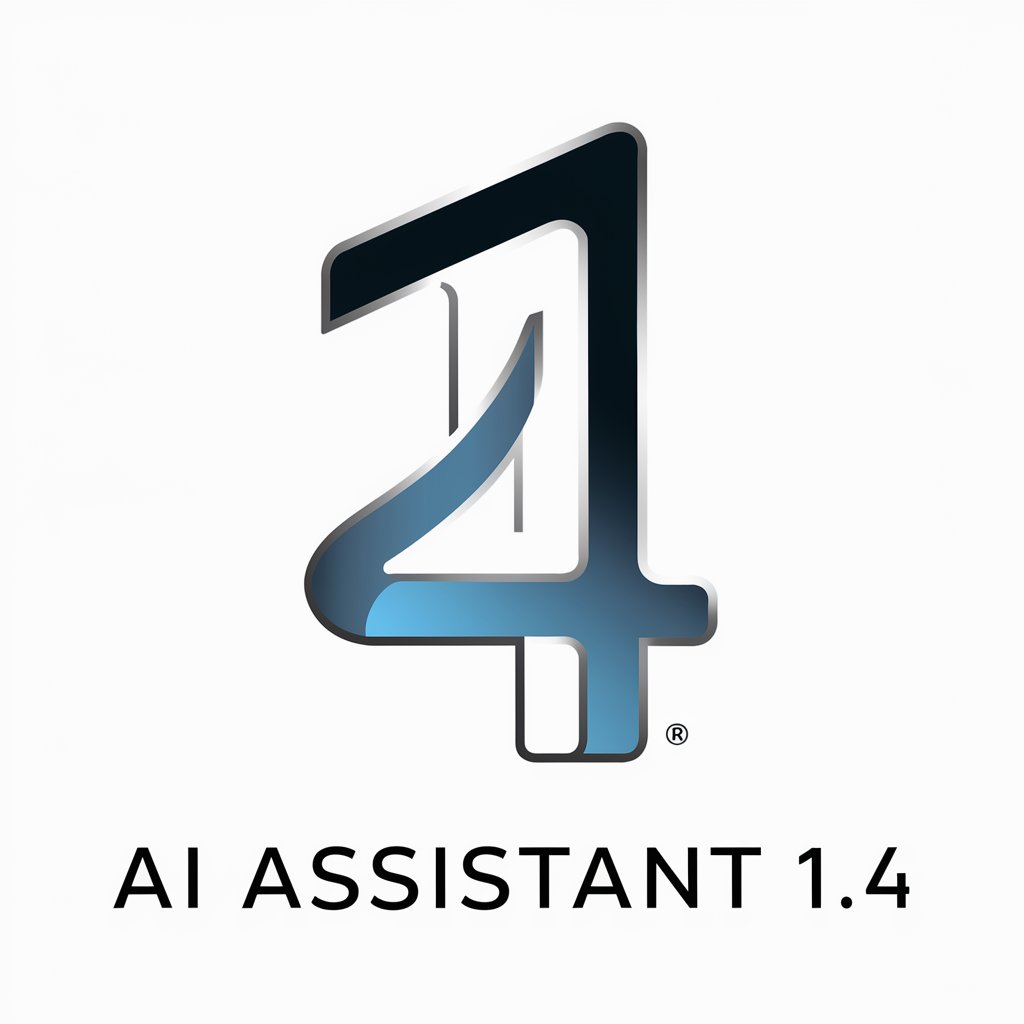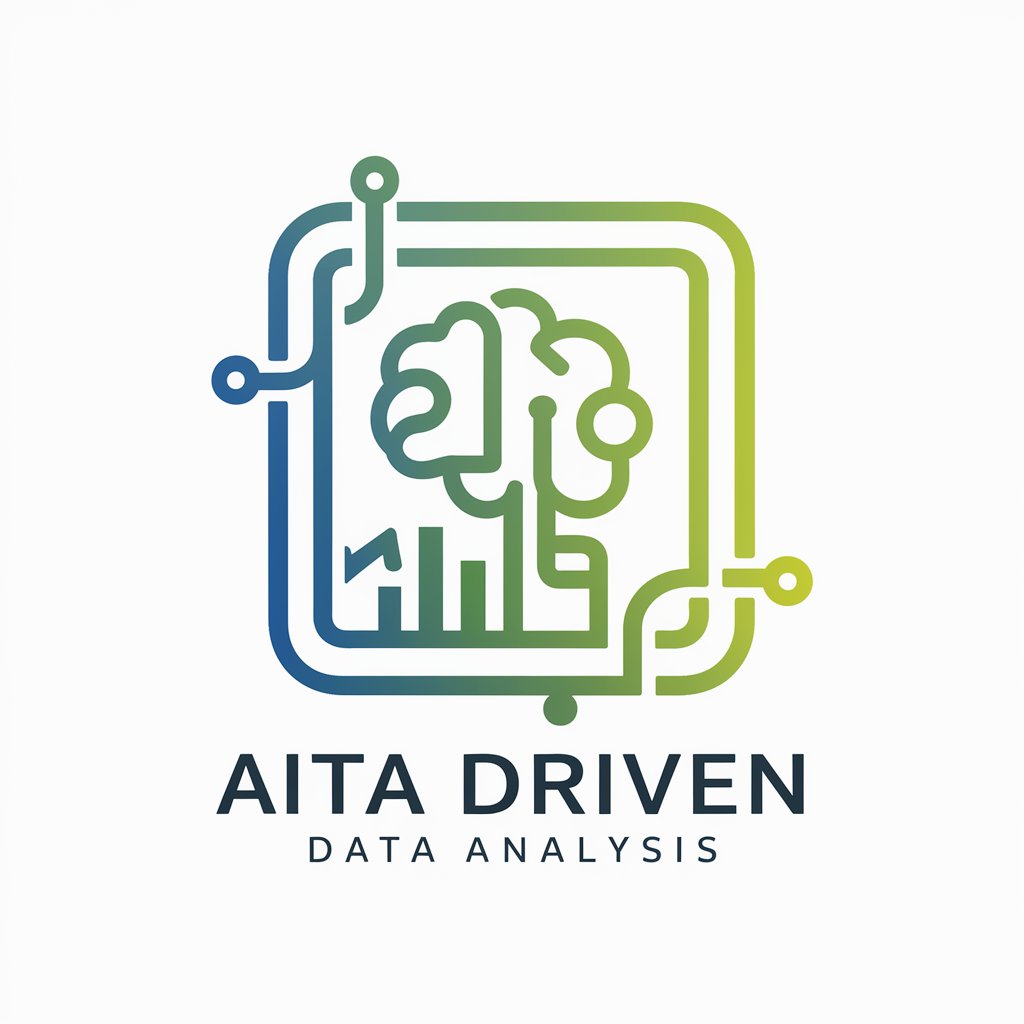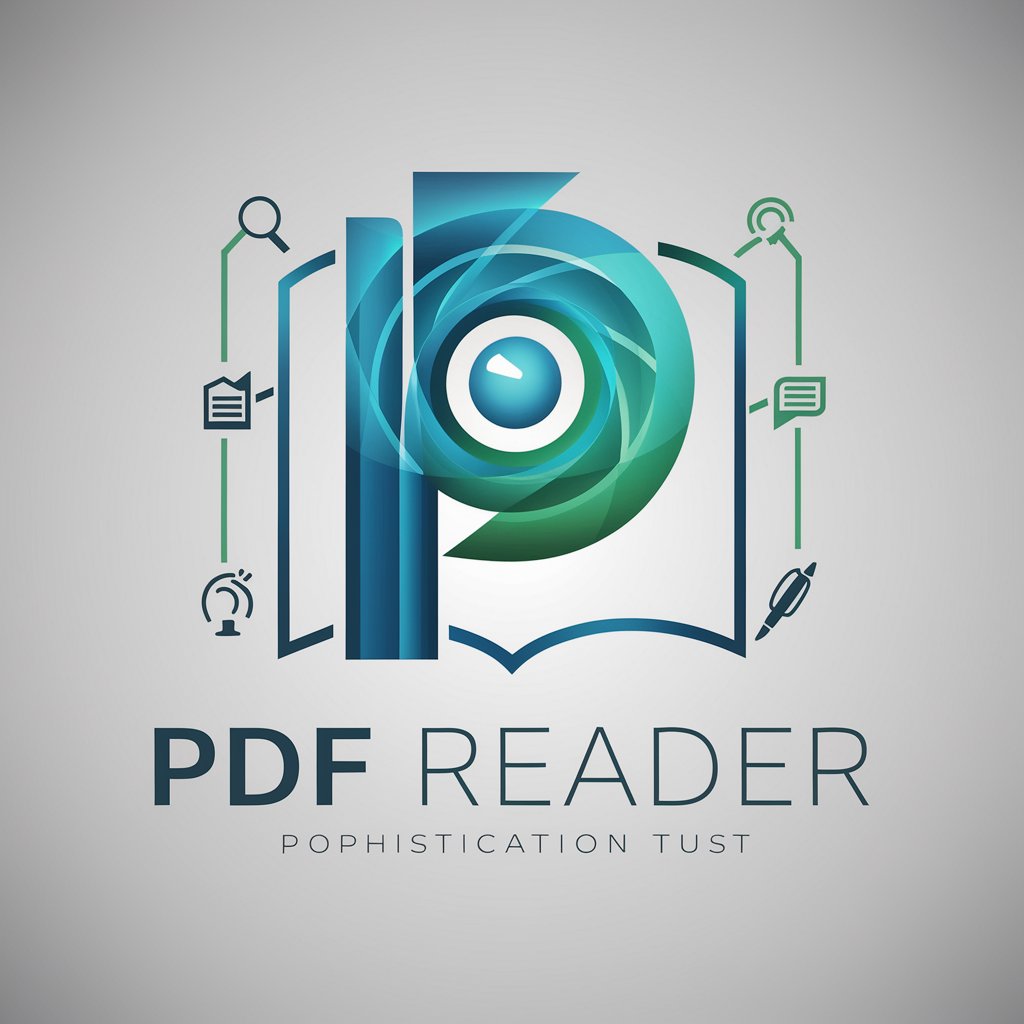
Website Content Analyzer-website content analysis tool for SEO, audience insights, and optimization.
AI-powered content insights for website optimization.

Structured, detailed website analysis with a friendly, professional tone.
Add the website URL that you want to analyze
Get Embed Code
Introduction to Website Content Analyzer
Main Functions of Website Content Analyzer
Content Pillar and Cluster Analysis
Example
Website Content Analyzer evaluates howWebsite Content Analyzer Overview well content is organized into thematic 'pillars' (core topics) and 'clusters' (related subtopics). This is essential for SEO and user navigation. **Example:** For an e-commerce site selling health supplements, the tool might detect whether the content is organized around major health topics (e.g., immunity, weight loss) and whether individual product pages link to blog posts, FAQs, and customer reviews that support these topics.
Scenario
A digital marketing agency can use this function to analyze a client's blog structure. They might discover that the blog is missing deeper content clusters around popular customer interests, like 'plant-based supplements,' which could improve SEO and overall website engagement.
Target Audience and Ideal Customer Profile (ICP) Analysis
Example
The tool helps identify if the website's tone, style, and message align with the target audience's needs and expectations. It also analyzes whether the content attracts the Ideal Customer Profile (ICP). **Example:** A B2B software provider's website might be assessed to see if it effectively targets its ICP, such as IT decision-makers in mid-sized companies. If the content is too technical or too simplistic, adjustments can be suggested to better appeal to this audience.
Scenario
A website serving a luxury skincare brand could be analyzed to determine if it resonates with high-net-worth individuals, ensuring that the language, imagery, and product descriptions align with their luxury expectations.
Content Performance Evaluation
Example
Website Content Analyzer evaluates whether the content is achieving the desired outcomes (e.g., conversions, user engagement). It assesses metrics like content relevance, call-to-action clarity, and overall content quality. **Example:** A nonprofit’s donation page might be assessed to see if its messaging is compelling enough to drive contributions. The tool could identify that the call to action is unclear or that the emotional appeal is too weak, recommending improvements to boost donation rates.
Scenario
An e-commerce business could use this function to assess their product descriptions. If the content is failing to convert visitors into buyers, the tool might suggest changes to highlight benefits more clearly or incorporate customer testimonials.
Ideal Users of Website Content Analyzer
Digital Marketers and SEO Professionals
Digital marketers and SEO experts would find Website Content Analyzer particularly beneficial as it helps ensure that website content is optimized for both user engagement and search engine ranking. The tool’s ability to analyze content structure, keyword relevance, and alignment with audience intent allows marketers to fine-tune content for maximum impact. **Why they benefit:** Marketers can improve content strategies by identifying gaps in keyword usage, improving content flow, and ensuring content addresses user needs at every stage of the journey.
Content Strategists and Copywriters
Content strategists and copywriters can use Website Content Analyzer to evaluate the overall coherence and effectiveness of content strategies. By assessing how well content pillars and clusters are implemented, the tool helps ensure that content is structured in a way that maximizes user engagement and drives conversions. **Why they benefit:** Content professionals can identify opportunities to refine messaging, adjust tone, and optimize copywriting for target audiences, ultimately making content more persuasive and relevant.
E-commerce Businesses
E-commerce companies can use Website Content Analyzer to evaluate product page descriptions, category pages, and overall site messaging. The tool assesses whether the content is likely to drive conversions and if it clearly communicates the unique selling points of products. **Why they benefit:** E-commerce businesses can use the insights to improve product descriptions, optimize user navigation, and increase conversion rates by aligning content with the needs of potential buyers.
UX/UI Designers
UX/UI designers can leverage Website Content Analyzer to evaluate how content interacts with the design of the website. The analysis helps ensure that the content is structured to enhance the user experience, is easy to navigate, and effectively guides users through the conversion process. **Why they benefit:** Designers can use the feedback to propose design adjustments that make content more accessible and engaging, improving overall site usability.
How to Use Website Content Analyzer
Try other advanced and practical GPTs
1.4. - Bases teoricas
AI-powered tool for seamless theoretical framework creation.

GPT 4o Games Channel
Engage, challenge, and entertain with AI-powered games.

印度股票分析大师
AI-driven insights for smarter investments.

Resumo PDF Expert
AI-powered summaries for deep academic insight

Excel Data Analysis and Visualization
AI-powered insights from your Excel data

Tic Tac Toe
Play Tic Tac Toe with AI power.

설교 글쓰기 교정 조언자
AI-powered writing enhancement for sermons

のDALLE Editor (Image Generator & Editor)
AI-powered creative tool for image generation & editing

Quotes Creator
AI-Powered Quotes with Meaningful Reflection

설교주제 배경자료 조사
AI-powered sermon background research tool.

ClinicMedAssist+
AI-powered clinical assistant for general practitioners
Web Story Creator
Transform any article into smart AI-powered web stories.

- Content Optimization
- Content Strategy
- SEO Analysis
- Audience Insights
- Website Audits
Frequently Asked Questions about Website Content Analyzer
What is the Website Content Analyzer used for?
The Website Content Analyzer is designed to provide in-depth analysis of website content. It evaluates areas such as content structure, target audience, SEO optimization, and alignment with business goals. The tool helps identify strengths and areas for improvement.
Do I need a subscription to use the Website Content Analyzer?
No subscription is required to access the Website Content Analyzer. You can use it for free via a trial available on the official website without needing to log in or sign up.
Can the Website Content Analyzer help with SEO?
Yes, the Website Content Analyzer offers detailed insights on SEO optimization. It evaluates content for SEO best practices, keyword density, readability, and how well it aligns with SEO goals.
How accurate is the analysis of target audience insights?
The accuracy of target audience analysis is based on the content provided. While the tool uses AI to analyze language, tone, and intent, it is most effective when paired with clear goals for your ICP (Ideal Customer Profile).
Can I analyze multiple pages or only one at a time?
Currently, the Website Content Analyzer is designed to handle one webpage or content piece at a time. However, you can manually analyze multiple pages by inputting each URL or content individually.






